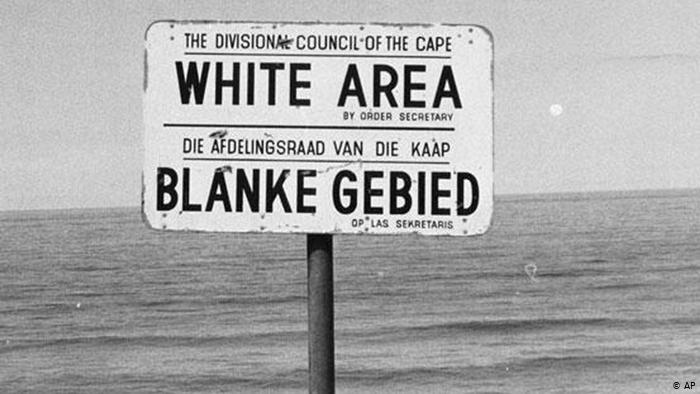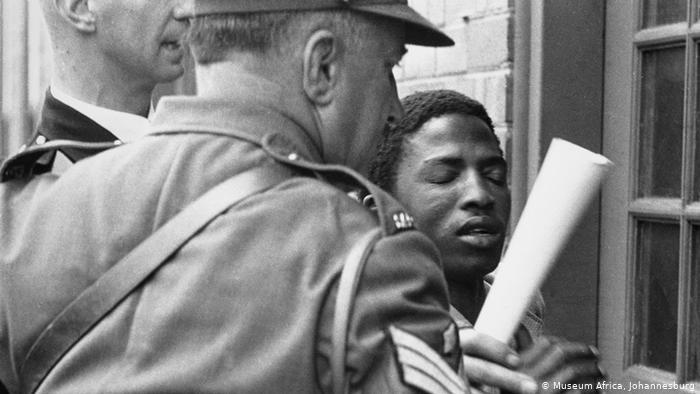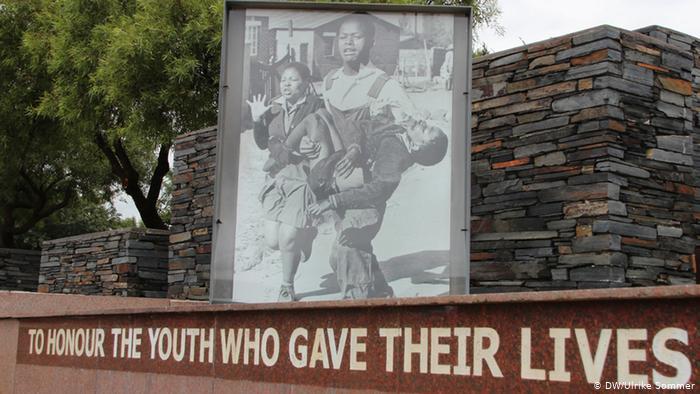Historical lenses can significantly change any past event’s perception and reveal different lessons it carries for modern society. The research topic, South African Apartheid, can be discussed from political, social, and economic views as it affected each. A historian might apply political lenses in discussion for segregation’s establishment or set social ones to analyze how Apartheid changed people’s values and institutions’ structure in South Africa. The regime led almost all countries to poverty, thus the historical event can be revised through the economic changes and implications.

The research studied South African Apartheid’s social narrative as the addressed issues were the protests of the affected people and the regime’s consequences based on the societal changes. The resistance movement significantly impacted the regime’s regulation and forced its abolishment in the early 1990s (Ndhlovu, 2017).
If political lenses are applied to the research, the narrative will change as the reasons to establish Apartheid and governmental structure will be necessary to discuss instead of the problems segregation caused to the citizens. Moreover, the resistance will be perceived differently as its representatives broke the laws and might be described as the regime’s adverse outcomes.

South African Apartheid is a historical event that significantly affected all aspects of the country’s economy to its citizens’ life values and can be assessed via multiple lenses. Primary sources like Nussey’s article “After Apartheid, hope, and decay,” written for the Washington Post in November 1995, reveal that although the regime has just abolished, the forecasting consequences are severe (Nussey, 1995).
Current problems of South Africa, such as poverty, the lack of social life, and high crime rates, have Apartheid as the root cause. The research showed that history is not the sequence of events to memorize for erudition, but the vital educational source that everyone must conduct daily.
The Value of Studying History
Every individual must study history to increase the chances of developing a thriving society and eliminating the issues that have roots in past events. Moreover, awareness of historical lessons is necessary to prevent severe occasions from repeating. South African Apartheid is an event full of consequences and notations to learn due to its significant impact on a country’s structure and citizens.
The research viewed segregation through the social lenses, thus contemporary issues like inequity and poverty can benefit from applying the lessons South Africans learned the hard way. Injustice, based on the Apartheid’s example, is also hidden in a society’s past and needs to be addressed and eliminated on the legislative level to allow the minority groups to get the life they deserve (Musavengane & Leonard, 2019). Poverty needs to be perceived as a social problem because discovering the reason for citizens’ lack of motivation to improve the circumstances might be more helpful than financial support programs.

History does repeat itself, and humanity is responsible for preventing the mistakes from appearing. The research about South African Apartheid studied social protests against segregation. Although there is no racial discrimination established on the modern world’s legislative level, the resistance groups still appear. A bright example of protesting chapter of Apartheid’s history’s repetition is the Black Lives Matter movement. Society needs to analyze the reasons for the continuous discriminative actions against people of color and promote equity and diversity for future generations.
It is a civic obligation for each person to analyze the issues that modern society experiences, and exploring the historical causes of them are one of the most effective strategies. People could be better at their duties like respect to the rights, opinions, and beliefs if they were aware of the history behind them.
Well-informed society members can prevent serious issues from appearing or better address the existing ones, and historical events can be an excellent place to gather knowledge. Moreover, globalization allows humanity to share their experiences, and people’s lives can be improved if the lessons of other countries’ past are applied in combination with native culture.
References
Musavengane, R., & Leonard, L. (2019). When race and social equity matters in nature conservation in post-apartheid South Africa. Conservation & Society, 17(2), 135-146. Web.
Ndhlovu, B. C. (2017). Reconnoitring alternative forms of resistance to Apartheid South Africa, c. 1966–1979 and beyond: A case of an individual. South African Historical Journal, 69(2), 178-194. Web.
Nussey, W. (1995). After Apartheid, hope and decay. The Washington Post. Web.